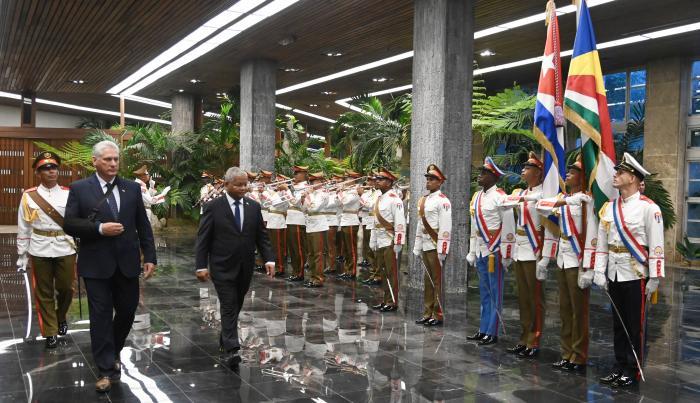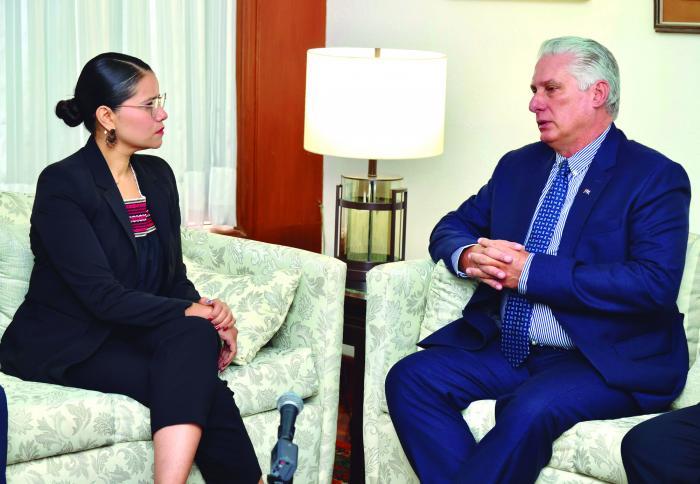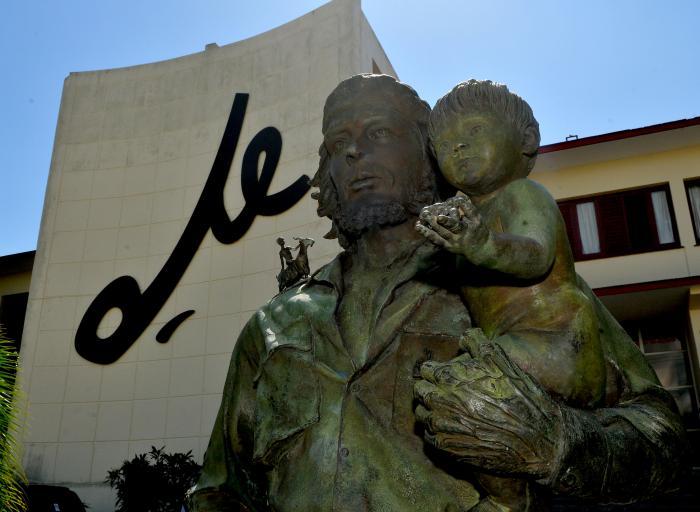

The laws and regulations underpinning the U.S. economic, commercial and financial blockade against Cuba have remained in force and are rigorously applied by U.S. government agencies.In 1961, Congress passed the Foreign Assistance Act, which authorizes the President to establish and maintain a total blockade of trade with Cuba under the name of "embargo."The law also prohibits the granting of any aid to the Government of the Island, and establishes that U.S. funds destined for international aid and delivered to international organizations cannot be used for programs related to Cuba.This Act, in its Section 620 (a), prohibits any assistance or benefit until the Head of State determines that the country has carried out actions aimed at returning to U.S. citizens and companies not less than 50% of the value, or what they call "just compensation", of the properties nationalized after the triumph of the Revolution in 1959.As a consequence of what has been legislated, the impacts of the Foreign Assistance Act for our country have been increasingly greater, translated into shortages and difficulties for our country.As a result of the legislation, the impact of the Foreign Assistance Law on our country has been increasingly greater, resulting in shortages and difficulties in acquiring food, medicines and supplies to develop economic and productive processes, phenomena that have an undeniable impact on the daily life of the Cuban people.According to the Ministry of Foreign Affairs (Minrex), the limitations faced by the Island to acquire foreign currency to import and invest are incalculable. Summing it up, Pedro Freyre, a law professor and lawyer at the Akerman law firm in Miami, told bbc: "The general rule is that everything that is not explicitly authorized by a special or general license is absolutely forbidden if it has to do with Cuba, in economic and trade terms."In this way Cuba is denied access to trade with the world's leading economy, as well as to the facilities inherent in the use of the financial system with the U.S. dollar, the world's leading currency.The prohibition to use it in international transactions forces Cuban companies to use other currencies in their operations, which generates additional expenses due to exchange rate variations.An aggravation of this complex situation has been the inclusion of the Caribbean nation, in January 2021, in the List of State Sponsors of Terrorism, unilaterally issued by the U.S. Department of State.This has reinforced the consequences of the blockade by increasing the difficulties to enter into international trade and to acquire basic supplies.Likewise, dozens of Cuban diplomatic missions around the world have lost their relationship with the banks that traditionally provided them with services. They fear reprisals from the U.S. Government, which has affected the functioning and sustenance of diplomatic missions, and has hindered the payment of Cuba's financial contributions to several international and regional organizations.The prohibition to negotiate with maritime and air freight, in addition, forces Cuban companies to work with freight under disadvantageous financial terms. In the period from March 2023 to February 2024, losses due to the geographical relocation of trade, in view of the need to resort to more distant markets, are estimated in the order of 581.7 million dollars.Always in the sights of the U.S., Cuba has managed to evade the blockade for more than six decades and in unimaginable ways; however, since 2017, the worsening of the blockade has worsened conditions based on an unprecedented financial persecution, something that the world will once again take into account when, at the end of October, the global voice against U.S. arbitrariness will once again resound at the UN.





